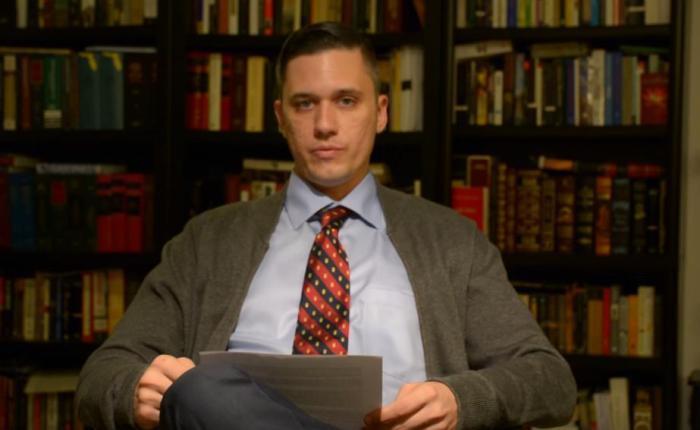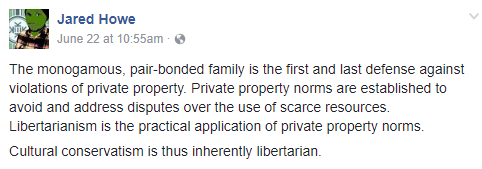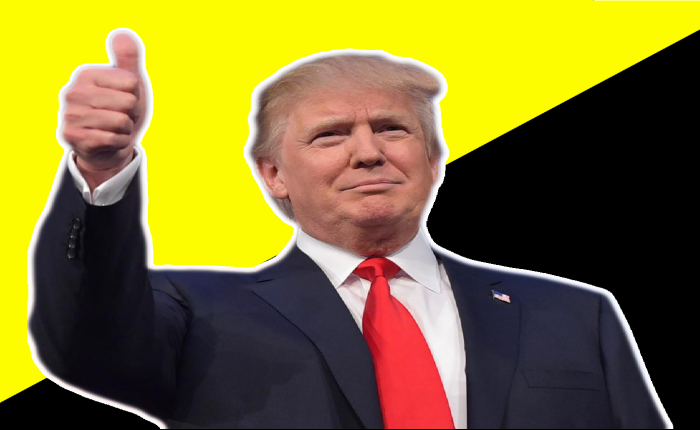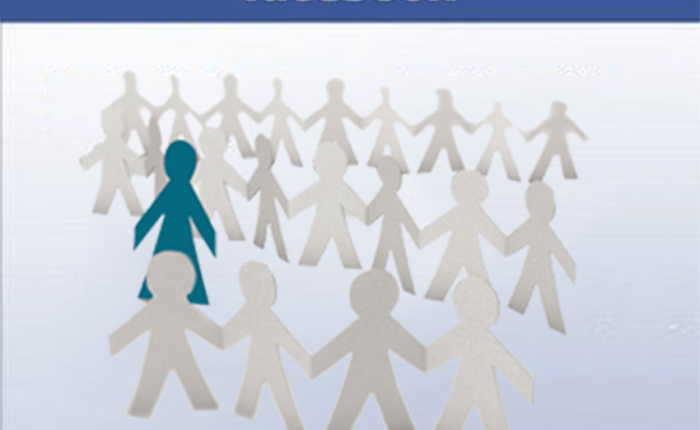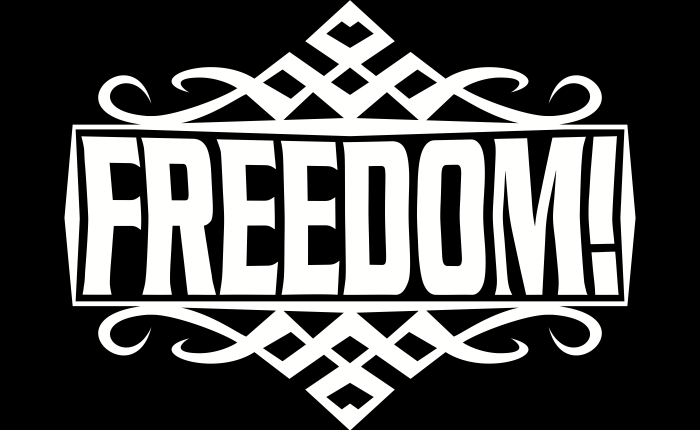Before I begin, I feel it’s necessary to point out that the man I’ll be focusing on in this article is not (and has never claimed to be, that I’m aware of) an anarchist. He instead identifies as a classical liberal and a “small L” libertarian. Nevertheless, I found it appropriate to include him in my Rise of the Anarcho-Statists series, as he espouses many of the same values and policy positions (as well as being in many of the same circles) as those who I have profiled previously.
Augustus Sol Invictus sprung into the public eye in 2015 during his unsuccessful campaign for the Libertarian nomination for a Senate seat in Florida. His unique name, which is not the one he was given at birth, translates roughly from Latin to “Unconquerable Sun God” (other commonly-seen translations are “Majestic Unconquered Sun” and “Invincible Sun Emperor”.) He drew mainstream attention in October 2015 when then Libertarian Party of Florida Chairman Adrian Wyllie resigned from his post in protest of Invictus’s candidacy.
Wyllie alleged in a Facebook post that Invictus was a fascist with neo-Nazi ties who supported eugenics and was hell-bent on sparking a second American Civil War. Wyllie also accused him of being “ejected from Ordo Templi Orientis [a Pagan organization] for brutally and sadistically dismembering a goat in a ritualistic sacrifice.” Invictus insisted that much of what Wyllie alleged was false and politically-motivated, although he admitted to sacrificing a goat and drinking its blood as part of a religious ceremony.
Regarding the eugenics allegation, Invictus conceded that he had written a paper supporting eugenics several years ago, but claimed that he no longer believed in the idea of state-sponsored eugenics. A post he made on the website for his 2016 Senate run entitled “A Declaration of the Failings of the Federal Government”, however, seems to tell a different story. In it, Invictus lists his issues with the United States Federal Government. Number 25 on the list as is follows: “It has abandoned its eugenics programs & elitist mindset in favor of a decadent ideology that rejects the beauty of strength and demands the exponential growth of the weakest, the least intelligent, and the most diseased.”
To say that one doesn’t support a practice while simultaneously stating that one of the U.S. government’s biggest problems is the abandonment of said practice seems to be absolutely contradictory. If I were to say that abandoning the practice of “X” is a failure of government, it would be logical to believe that I support the practice of “X”. For Invictus to say that he does not support a state-sponsored eugenics program, while also saying that he doesn’t believe the government should have abandoned its eugenics program, seems awfully disingenuous.
Invictus has also repeatedly denied the allegation that he is a fascist, a denial in which I have no faith. While his common use of fascist imagery (his 2016 campaign logo was almost identical to the war flag of Mussolini’s Italian Social Republic), this alone is not enough to prove that someone is a fascist. While he often fetishizes about power and strength (he has inferred that he is proud of the fact that “our forefathers came as conquerors”), this too is not enough to definitively say that he is a fascist.
Proof of Invictus’s support for fascism instead comes from the fact that he has called himself one. On November 20, 2013, Invictus uploaded a video to his Youtube channel entitled “Ezra Pound, ‘Salutation the Third’”. The description of the video, in which he refers to Pound as his “fellow American fascist”, is pictured below (the red box around the specific phrase is mine.)
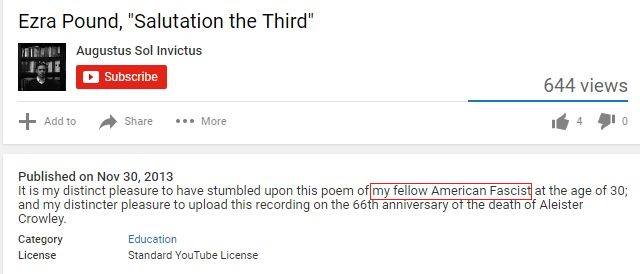
Invictus was asked about this description in a 2015 “Ask Me Anything” on Reddit. In response, Invictus said, “You are referring to a description of a poetry recitation on YouTube… I refer to myself as many different things in poetry recitations, and none of them are intended as statements on my political positions.” This half-baked response seems to make little sense, especially given that there are no other poetry recitations on Invictus’s Youtube channel in which he refers to himself in the description as something that he does not claim to be.
Notice that Invictus does not say that his views have changed (as he did with eugenics), even though it is extremely difficult to believe that he was trying to make some sort of poetic statement; he simply denies that he was actually calling himself a fascist. His answer reads more like the words of someone who has unwillingly had a past statement exposed than someone who is making a coherent argument.
Adding to the oddity of this situation is Invictus’s apparent delusion of grandeur. In a 2013 letter in which he also boasted about the things he had so far achieved in his life, he wrote: “I have prophesied for years that I was born for a Great War; that if I did not witness the coming of the Second American Civil War I would begin it myself. Mark well: That day is fast coming upon you. On the New Moon of May, I shall disappear into the Wilderness. I will return bearing Revolution, or I will not return at all”.
The above quote seems to indicate that this is not simply a situation of a person who is a strong proponent of fascist ideals. It goes far beyond that; this is someone who has said that he was born for the purpose of starting a civil war. There is an inherent danger in someone who believes that their purpose in life is to commit violence, whether that be in the name of a cause or in the name of a religion. Those who are followers or fans of Invictus should keep this in mind.
Since losing in the Libertarian primary to Paul Stanton, Invictus has left the Libertarian Party to become a registered Republican. He has been on a crusade against those who wish to remove Confederate monuments in the South, which he has referred to as “The Great Southern Genocide.” Invictus has also made videos arguing for the existence of white genocide, using things like European commercials frequently having mixed race or minority couples as proof. In the same video, Invictus said that the promotion of race mixing is additional evidence of this genocide. Regardless of what one thinks about the removal of said monuments or the political correctness culture of the modern world, to compare the things that Invictus is talking about to actual genocide (such as what has occurred in Nazi Germany, Rwanda, or Armenia) is downright absurd. No one is being murdered by interracial relationships, the removal of statues, or politically correct commercials. To use the term “genocide” to describe these situations seems like pandering to white nationalists, at best.
Although I’ve never directly interacted with Mr. Invictus, I have seen him make what seemed to be an indirect threat toward myself and a group I was working with. In early June of this year, I was asked to help with a Facebook page entitled “Fakertarians” whose purpose is to call out so-called libertarians who pander to fascists and authoritarians. Chris Johncox, a writer for a right-wing libertarian site called Liberty Hangout who also writes for Invictus’s The Revolutionary Conservative, made a Facebook post criticizing the page shortly after I joined. A portion of the comment thread is pictured below.
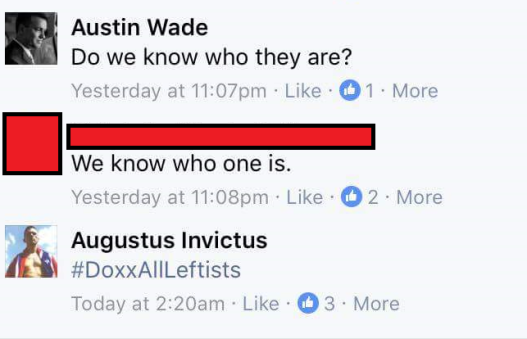
Ignoring the fact that Invictus seems to be using the common alt-right tactic of referring to everyone he doesn’t like as a leftist, he seems to be calling upon others to “doxx” us, a process in which a person’s personal information (phone number, address, etc.) is posted for others to harass and/or threaten them. This childish tactic should have no place in the libertarian community. Ironically, Missouri Senate candidate Austin Petersen (AKA Austin Wade), who also just left the Libertarian party to become a Republican, was active in the comment thread. Although he did not respond to Invictus’s comment, it would be fair to assume that he might have seen it. If he did, I am curious about whether he still believes Invictus is “a gentleman and a scholar”, as Petersen said in November of 2016.
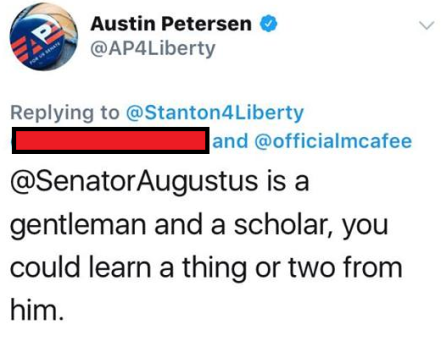
It is my belief that Invictus’s departure from the party is a step in the right direction, although we must do more as a movement to ensure that those who do not represent our ideals do not gain power within it. We are not a movement of fascists or eugenicists, but of people who believe in self-ownership and freedom for every individual. We must be loud in denouncing those who state otherwise.
